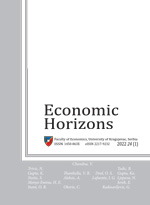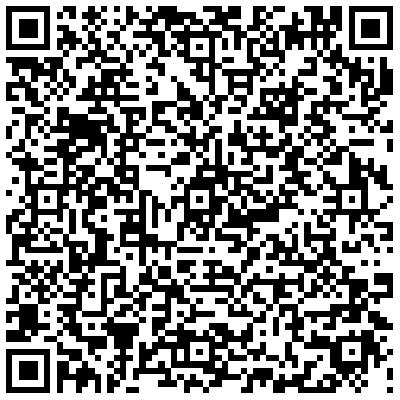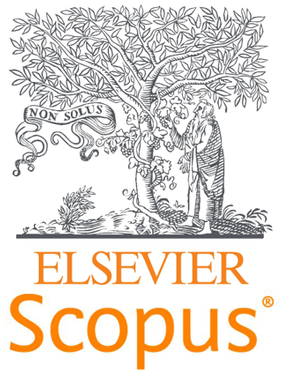HUMAN RESOURCES OF INFORMAL ECONOMY IN THE REPUBLIC OF SERBIA
Vera Gligorijevic, Petar Vasic
Faculty of Geography, University of Belgrade, Belgrade, Serbia
The aim of this paper is to contribute to the discussion about the impact human resources have on the process of economic development, especially the importance that the educational structure and individual businessskills have in the informal economy modernization process and its integrations towards a formal economy. The educational structure of the employed in the informal sector was defined by classifying the workforce according to their education levels, and their individual business skills were determined by analyzing the techniques individuals used in the process of improving competitiveness. The analysis was based on the results of a survey research of the structural characteristics and spatial distribution of the informal economy in the Republic of Serbia conducted on a sample of 310 home-based businesses in 2011. The results have shown that the informally employed are as competitive as the formally employed, the educational structure of the informally employed depends on the type of community and the distance from the center; individual business skills depend on the gender structure of the business owner, apart from the type of community and its distance from the center (metropolitan areas).
Keywords: human resources, informal economy, home-based businesses, Serbia
JEL Classification: J24, O15, O17




